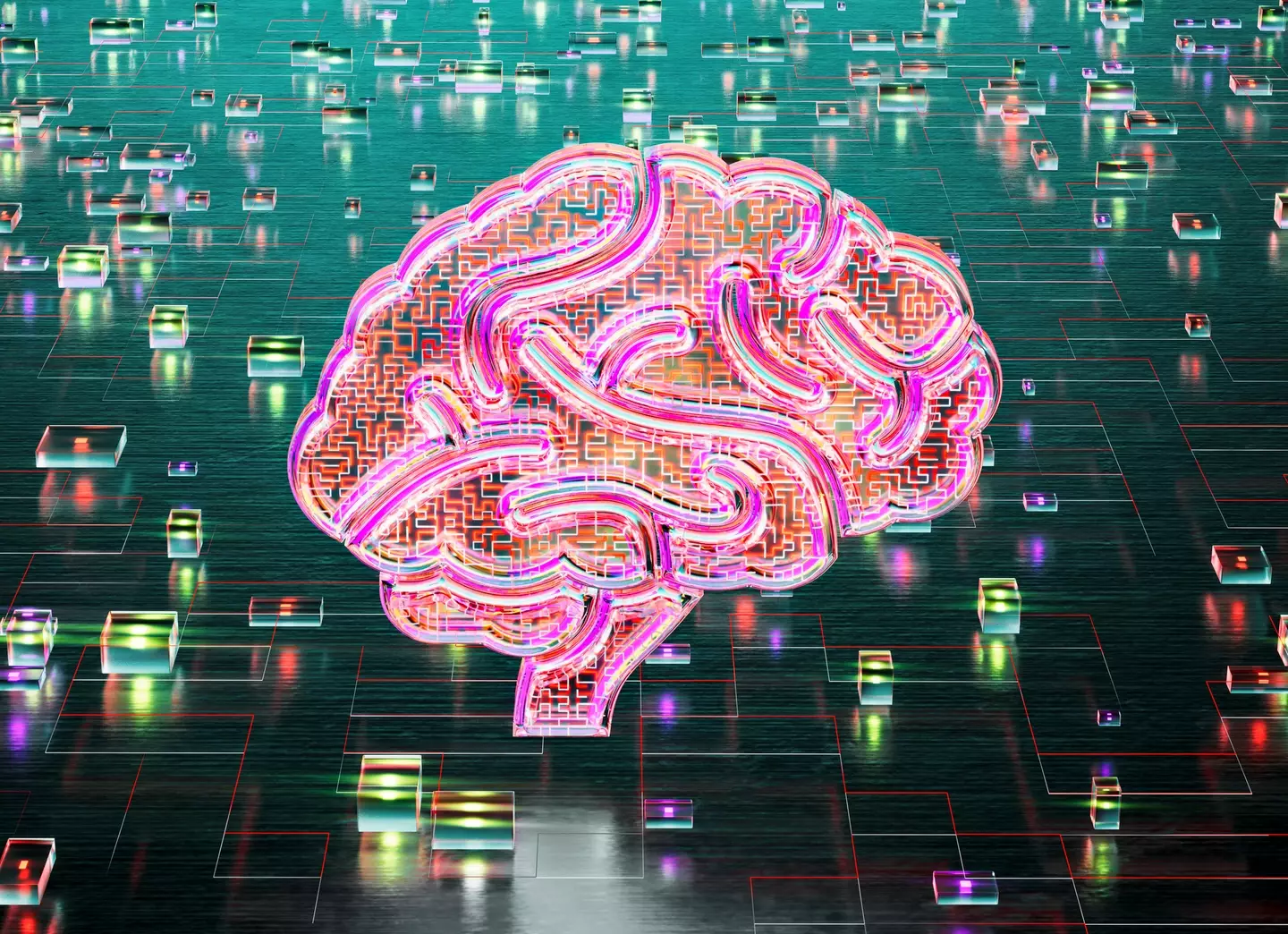
Artificial intelligence (AI) isn't going anywhere anytime soon.
People use AI for a host of different reasons, for example, one guy recently revealed that he used it to apply for 1,000 jobs while he was sleeping.
Elsewhere AI has been used to create what the average person from each US state supposedly looks like, and the results left people divided.
While it's become a somewhat normal part of modern day life, like many new things, we don't truly know how using tech like AI affects us.
Advert
With this in mind, Dr Michael Gerlich at SBS Swiss Business School in Zurich, Switzerland, decided to look into it.
Dr Gerlich looked at something known as 'cognitive offloading in particular'. He defined this as 'when individuals delegate cognitive tasks to external aids, reducing their engagement in deep, reflective thinking'.
As per IFL Science, he added: "This phenomenon is particularly concerning in the context of critical thinking, which requires active cognitive engagement to analyse and evaluate information effectively."
The study
To conduct his study, Dr Gerlich had 666 participants in the UK take part in quantitative surveys and qualitative interviews.
They were distributed across three age groups: 17-25, 26-45, and 46 and older, and had varying educational backgrounds.

Quantitative data involved a 23-item questionnaire measuring AI tool usage, cognitive offloading tendencies, and critical thinking skills, while quantitive data came from semi-structured interviews with 50 participants who underwent thematic analysis for contextual depth, the study - published in Societies - explained.
The results
As probably expected, younger participants were found to rely on AI more heavily, while those aged 46 and over used it the least.
As a result, the older age bracket had higher critical thinking scores.
Dr Gerlich wrote of the results: "Younger participants (17-25) exhibited higher dependence on AI tools and lower critical thinking scores compared to older participants."

"Furthermore, higher educational attainment was associated with better critical thinking skills, regardless of AI usage," he went on.
"These results highlight the potential cognitive costs of AI tool reliance, emphasising the need for educational strategies that promote critical engagement with AI technologies."
Basically, while AI might be useful in helping people learn basic skills, it can undermine a person's critical thinking abilities.
What next?
In light of his findings, Dr Gerlich has suggested that schools and colleges 'might want to emphasize critical thinking exercises and metacognitive skill development to counterbalance AI reliance and cognitive effects'.
"Developers of AI systems might consider cognitive implications, ensuring their tools encourage a level of engagement rather than passive reliance," he added.
Topics: Technology, Science, Psychology, Education, Artificial Intelligence